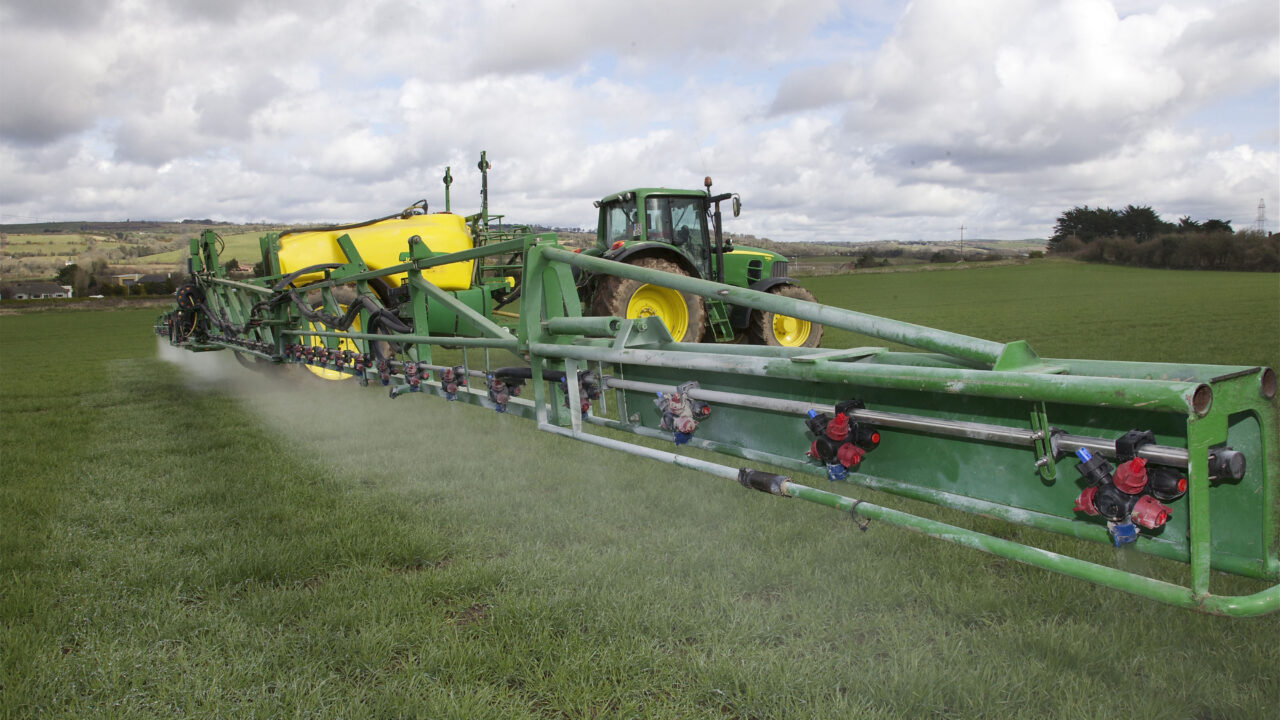The European Chemicals Agency (ECHA) maintains that the weed killer glyphosate will not be classified as a carcinogenic.
But the ECHA’s Committee for Risk Assessment (RAC) agreed to maintain the current harmonised classification of glyphosate as a substance causing serious eye damage and being toxic to aquatic life with long-lasting effects.
The RAC concluded that the available scientific evidence did not meet the criteria to classify glyphosate as a carcinogen, as a mutagen or as toxic for reproduction.
Glyphosate’s hazardousness against the criteria in the Classification, Labelling and Packaging Regulation was considered by the RAC.
They reportedly considered extensive scientific data in coming to their opinion.
The adopted opinion on the harmonised classification for glyphosate is set to be taken into account when the EU Commission and Member States consider whether to renew the approval to use glyphosate as an active substance in pesticides, later this year.
In 2016 the decision was taken to extend the market authorisation of the well-known herbicide by 18 months.
Glyphosate is the main chemical ingredient in Monsanto’s Roundup weed killer. It is an active substance used for the production of pesticides, which has been authorised in the EU since 2002.
Last year three reports on the chemical came to different conclusions; two reports said that it is unlikely to pose a carcinogenic hazard while the other said that it probably has the potential to cause cancer in humans.
Meanwhile, it has been decided to register a European Citizens Initiative (ECI) inviting the Commission “to propose to Member States a ban on glyphosate, to reform the pesticide approval procedure, and to set EU-wide mandatory reduction targets for pesticide use”.
The initiative was formally registered on January 25. This registration will start a one-year process of collecting signatures in support of the proposed ECI, by its organisers.
The Commission’s decision to register the Initiative concerns only the legal admissibility of the proposal, a statement from the Commission said.

